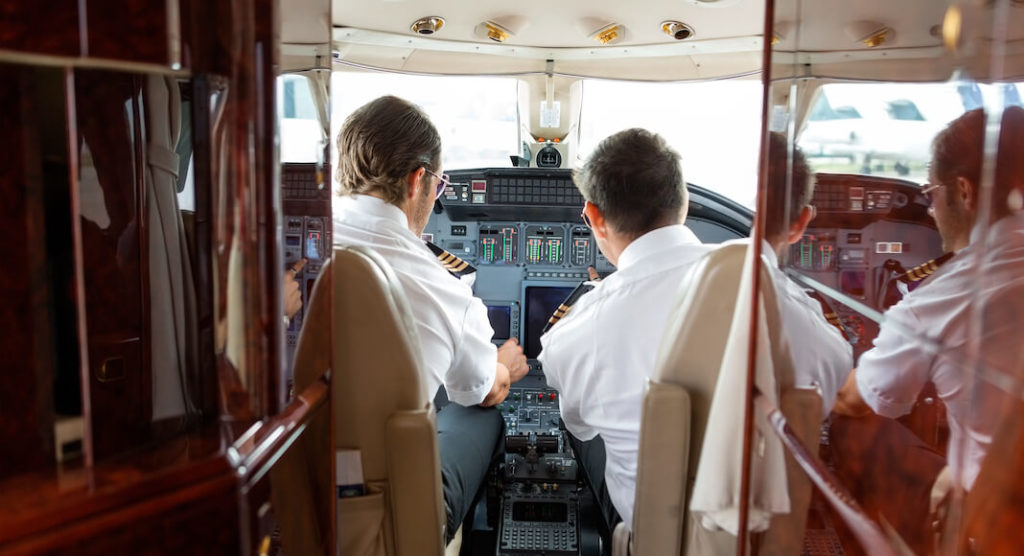
Texas Border Business
In an average year, more than 16 million aircraft fly in U.S. skies and roll safely on airport runways and taxiways. When a runway incursion stemming from a pilot error occurs, it is a rare event, but it draws scrutiny from the Federal Aviation Administration, no matter if it involves a commercial airline or a small general aviation (GA) aircraft.
More than 75 percent of these runway incursions related to pilot actions involve GA aircraft, so the FAA employs multiple ways to reach these pilots, including safety summits, advanced surface radar, clear signage and unique videos.
“We need to reduce risk in the system by raising the awareness of general aviation pilots and providing them more understanding of local runway and taxiway configurations,” explains Glen Martin, FAA Vice President of Safety and Technical Training.
This is the premise behind the expanding From the Flight Deck runway safety video initiative. The FAA has produced a series of 4- to 5-minute videos of actual approach, landing and runway taxi scenarios at small and medium-size airports using Go-Pro cameras in a Cessna to create the GA pilot viewpoint. Graphics, animation and runway diagrams also have been added along with a voice-over to fully describe and educate about runway and intersection “hot spots” at specific airports across the United States.
“With these videos, knowledge and training is designed from the cockpit perspective, allowing pilots to visualize the approach and layout to an airport before they actually arrive, Martin adds. “This experience will improve their decision-making and reduce errors and accidents.”
So far, more than three dozen videos have been developed and released free to the public, which highlight runways and intersections at 33 different U.S. airports. General videos also have been created for GA operations that focus on wrong airport landings, wrong surface landings, winter weather, wrong direction departures and hold short procedures. The video series has garnered more than 170,000 views since its inception.
The FAA plans to create and release videos for 30 to 40 more airports during the next two years. Additional goals include linking every video to its corresponding airport web site and for general aviation trade associations to help build awareness and distribution of these safety videos through their own social media sites.
“These are invaluable safety tools for general aviation pilots and for airports with general aviation operations,” adds Martin. “Getting the right information to the pilot will help make us safer.”













